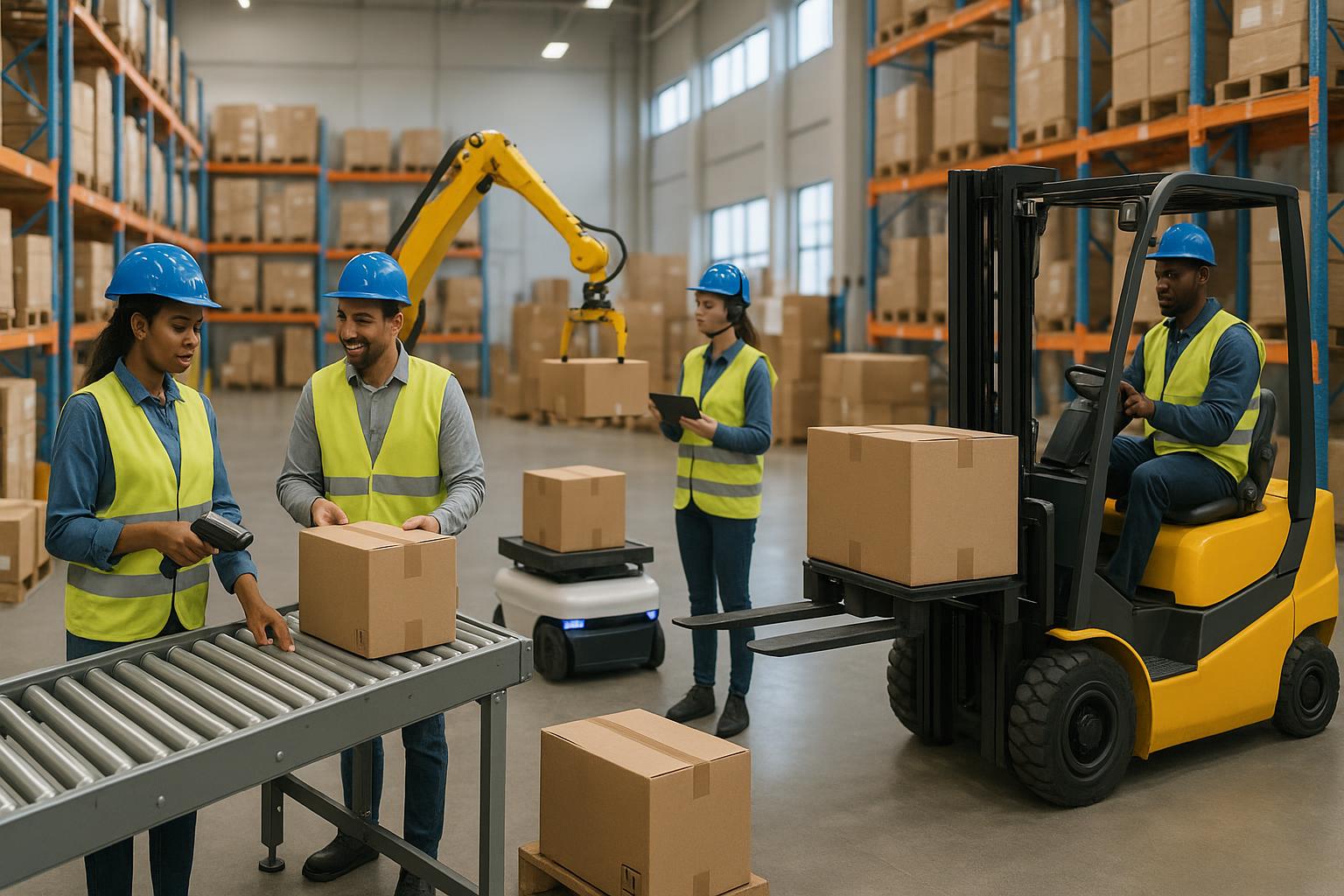Safety within an organization extends beyond mere regulations; it’s about instilling a culture that every individual imbibes and champions. For HR leaders, ingraining this culture throughout an organization is paramount for success with employees and leadership. Here’s a deeper dive into how this transformation can be achieved.
Leading by Example: The Top-Down Approach
When organizational leaders prioritize safety, the entire company takes notice. Their visible commitment, be it through attending safety training or discussing safety metrics in board meetings, solidifies its importance.
Continuous Education: The Power of Knowledge
Hosting bi-monthly safety training sessions and seminars not only keeps employees abreast of the latest safety protocols but also reinforces the organization’s commitment. Supplementing these with e-learning modules ensures flexibility and widespread reach.
Open Dialogue Platforms: Fostering Transparent Communication
Creating dedicated platforms where employees, regardless of their designation, can discuss safety issues assures them that their voices matter. This open dialogue can reveal on-ground challenges and lead to more effective solutions.
Recognition and Rewards: Celebrating Safety Champions
Implement a program that spotlights and rewards employees who go above and beyond in upholding safety standards. Their stories, shared organization-wide, can inspire others and propagate best practices.
Integrating Safety in Onboarding: Setting the Tone Early
By weaving safety principles into the onboarding process, HR can ensure that new recruits immediately understand the organization’s commitment. This early introduction paves the way for their future behavior and attitudes.
Utilizing Technology: The Modern Safety Net
Deploy safety apps that send timely reminders or wearable tech that monitors environmental hazards. Such tools not only emphasize safety but also equip employees with resources to ensure it.
Personalizing Safety: Beyond the Rulebook
Safety isn’t just about compliance. By showcasing real stories of employees who benefited from safe practices, HR can make safety resonate on a personal level.
Regular Audits and Feedback: The Cycle of Improvement
While scheduled safety audits help identify areas of improvement, it’s the actionable feedback that follows which instills a continuous improvement mindset. Feedback sessions should be constructive, solutions-oriented, and collaborative.
Involving Employees in Decision-Making: Crafting Practical Protocols
When employees play a role in shaping safety guidelines, the outcome is often more practical and grounded in reality. This participatory approach increases adherence and fosters a sense of ownership.
Addressing Concerns Promptly: Building Trust and Credibility
Prompt redressal of safety concerns not only mitigates risks but also reinforces HR’s commitment to employee well-being. A swift response mechanism, transparent communication, and preventive measures are crucial.
Cultivating a robust safety culture is a continuous journey, one that demands dedication, adaptability, and engagement from every organizational level. HR stands at the forefront of this mission, playing a pivotal role in ensuring that safety isn’t just a policy, but a deeply ingrained value.



